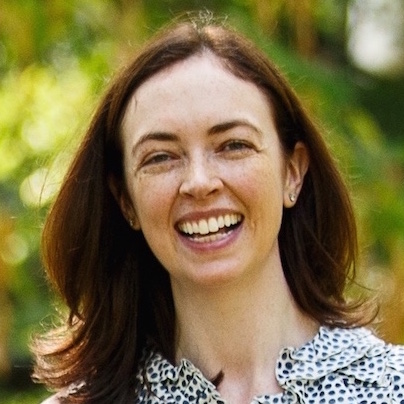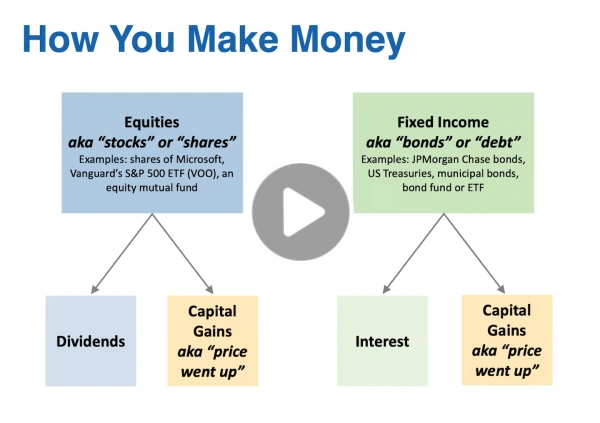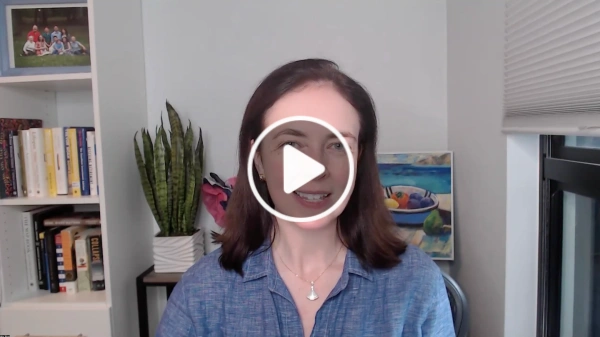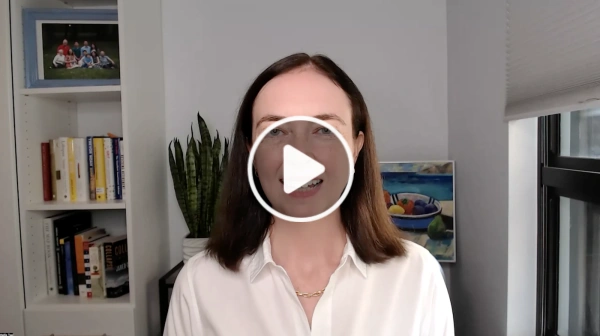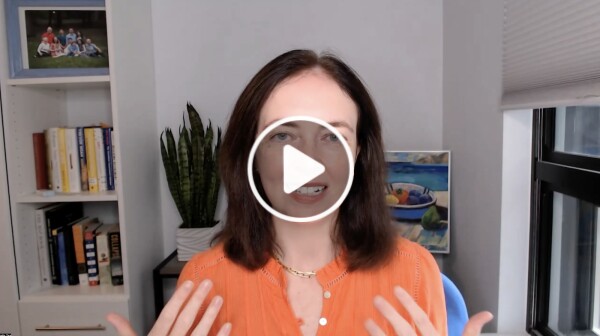A conversion option grants you the right (without any obligation) to convert your term policy to a permanent policy at the same price rating you got on your term policy, regardless of your future health. It can be hugely valuable if you end up needing life insurance for longer than your initial term policy, or if you want to buy permanent coverage easily at some point during your term, regardless of health.
Conversion Options: Comfort in Difficult Times
I recently met up with a long-time mentor who is living with Stage 4 cancer, and they were open about the fact they are paying a boatload of money to keep their 20 year term life insurance going beyond the initial 20 years.
My mentor told me it felt kind of shocking to pay over 2% of the death benefit - imagine getting a $20,000+ bill for only one year of $1 million life insurance coverage! And that 2% would go up more each year (this is typical). But they said that it makes sense given their own life expectancy, and their analysis was reasonable.
When you think of someone with Stage 4 cancer, your mind may picture an elderly person.
My mentor is a long way from that; she is in her 50s.
This is not uncommon - nearly half of all adult cancer diagnoses are made in people ages 20-64. Thankfully a majority of the people diagnosed will survive beyond 5 years, but about one in three people will not.(1)
However, thanks to the wonders of modern medical science, many people are now living longer, high-quality lives despite diagnoses that would have had a 1-2 year life expectancy even a decade ago. Having the right to change your term policy to permanent coverage through a conversion option is oftentimes a much better option, rather than paying exorbitant increasing annual rates.
Having the option to convert your term insurance into permanent insurance can be a smart move, if you can get that option at a reasonable price. We'll walk you through a couple of examples in a bit.
Conversion Options: What They Are, How They Work
A conversion option grants you the right to convert your term policy to a permanent policy at the same price rating you got on your term policy, regardless of your future health. Let's say you bought a 30 year term policy when you were 32 years old, and you got a Best price rating (the lowest pricing carriers offer, meaning you were in excellent health at age 32).
Fast forward to age 61, one year before your 30 year term is over. Imagine you are diagnosed with cancer, only a few years before your planned retirement. The prognosis for people in your situation is good, but there is obviously no way of knowing exactly how your cancer your journey will progress. Additionally, cancer recurrence happens, so even if your initial treatments are successful, you're worried about what happens beyond that. You wish you had life insurance coverage for longer.
With an excellent conversion option, you can go back to your insurance company and say, "I am ready to convert my policy to lifelong coverage" and, because the term policy you got back at age 32 was at Best pricing, your insurance company is contractually obligated to issue you the same policy they would issue to a 61 year old who is super-healthy and qualified for best pricing. Even though you just got a cancer diagnosis. Even though you would be totally uninsurable if you tried to apply for coverage without this conversion option.
Permanent coverage is more expensive than term because, as the old adage goes, "nothing is certain in life, except for death and taxes". When you buy a permanent policy, the insurance company is committing to pay out a big death benefit some day. With term, everyone (you and the insurance company) is hoping the death benefit never needs to be paid. Everyone wants you to live longer than the term! So by converting to permanent insurance at an older age, your premiums would go up, but it would be to a reasonable level for a healthy person of your age on the day you choose to convert. And you'd be able to actually get coverage.
Common Misconception: But Aren’t All Term Policies Convertible?
You may have heard that all term policies are convertible, and the differences between policies are not that big. That’s just incorrect.
Across different carriers and insurance policies, there are huge differences in the quality of conversion options. Saying they are pretty similar is the financial equivalent of someone telling you these two things are basically the same:
- Someone tells you, “I’ll treat you to lunch, your choice of French Laundry or Le Bernardin”
- Someone tells you, “I’ll treat you to lunch, but it has to be at McDonald’s and you can only order the Filet-O-Fish.”
Both are free lunches, but very different.
The key thing to focus on is the quality of the conversion options: both the policies you’re allowed to convert to, and the number of years you have the option.
Many conversion options limit you to a short menu of (frankly pretty crappy) permanent life insurance policies and / or only let you convert for a shorter period of time (i.e. you bought 30 year term but you only have the option to convert within the first 20 years).
There are a number of reasons your future self may wish you had a good conversion option.
Health Reasons You Might Want A Good Conversion Option
Sometimes health scenarios that are nowhere on your radar today can crop up in the future, and make you wish you had the option to continue your term coverage for longer, with not-totally-ridiculous pricing.
While you generally can continue term coverage past the initial term, usually one of two things will happen:
- Your term insurance will become very expensive after the fixed term period; think annual premiums increasing to over 2% of the death benefit per year in the first year after the fixed term (e.g. $60,000+ / year premiums on $3m term), and going up each year from there!
- The death benefit will get cut to a tiny amount (e.g. your $3,000,000 policy becomes a $90,000 policy) while your premiums remain the same.
Yikes.
It would be even trickier if you had a significant health event where the likely outcomes were better than a terminal illness, but less clear. For example, a cancer journey with a more favorable prognosis. So if you can buy the option to have good choices in the future for not much money, I'd recommend it.
Financial Reasons You Might Want A Good Conversion Option
There are smart uses of life insurance for supplemental retirement savings and estate planning, typically for well-off and high net worth people.
For clients in their 20’s-40’s who are in very high tax brackets, or may have a taxable estate in the future, or already have one but just want to get coverage in place without making estate planning a prerequisite, we generally recommend considering a longer term policy with a good conversion option.
Sometimes it makes sense to start with a permanent policy, or a mix of term and permanent. A mix can be a smart strategy if you know you need some permanent coverage, but might end up needing more in the future, depending on how your net worth grows over time.
To understand if estate tax planning considerations apply to you, you can consider the Federal estate tax exemption limits relative to your potential levels of future wealth. If you live in a state with state estate tax, consider those limits, too.
If you are in a higher income tax bracket (especially in an area with higher state or local income tax), permanent insurance may be a smart option to keep open for your future self.
If you are in your 20s-40s and can obtain a good premium class rating (a main driver of your life insurance pricing) in the near-term, having a cheap 20, 25 or 30 year option to purchase permanent life insurance at attractive rates (with no medical underwriting at that future time) may be very valuable at a future moment in life.
The same strategy can be applied to people in their 50s & beyond who need to insure their income for a period of time but are not ready to commit to permanent life insurance today - if that’s your situation, you’d likely choose a shorter term but still look for a good conversion option.
Here at AboveBoard, our approach to permanent life insurance is analytical but also cautious -- we only recommend it if we can mathematically prove to ourselves that it is very likely to make you better off. Put another way, would we recommend it to our closest loves ones, if they were in your shoes? If you're interested to learn if permanent insurance might be right for you, either today or in the future, get a quote or send us a message.
The Key Takeaway
You can check out the pricing of different terms on our site, and one of our insurance experts can provide you with specific explanations of how the policies’ conversion options differ, both in features and pricing.
If you’re in a situation where:
A) The cost of upgrading from a not-so-good conversion option to a great one is modest, and
B) That cost is not an affordability problem,
I recommend adding it on.
But ultimately, the most important thing is to have sufficient coverage to protect your family.
While sufficient coverage is a "must have", the good conversion option is a "nice to have". The choice is entirely yours.
We hope this post helps you make an informed choice about the best match for your situation & goals!
(1) Source: seer.cancer.gov - SEER 18 2011-2015 & SEER 18 2008-2014

